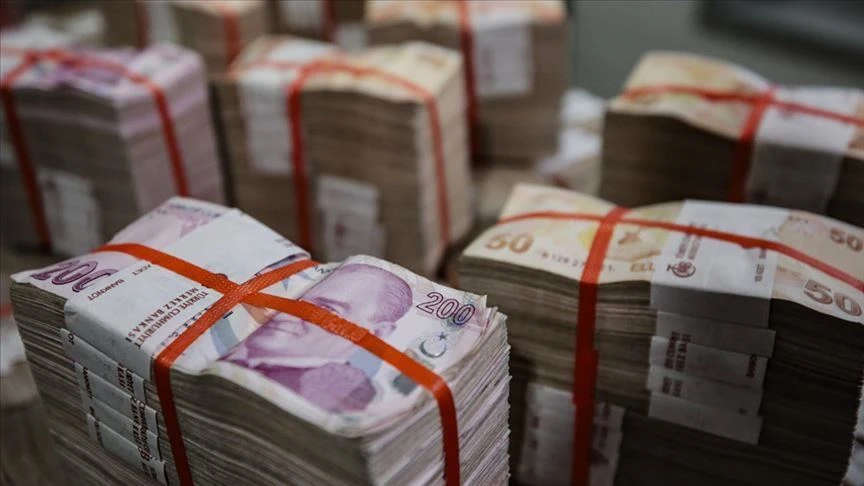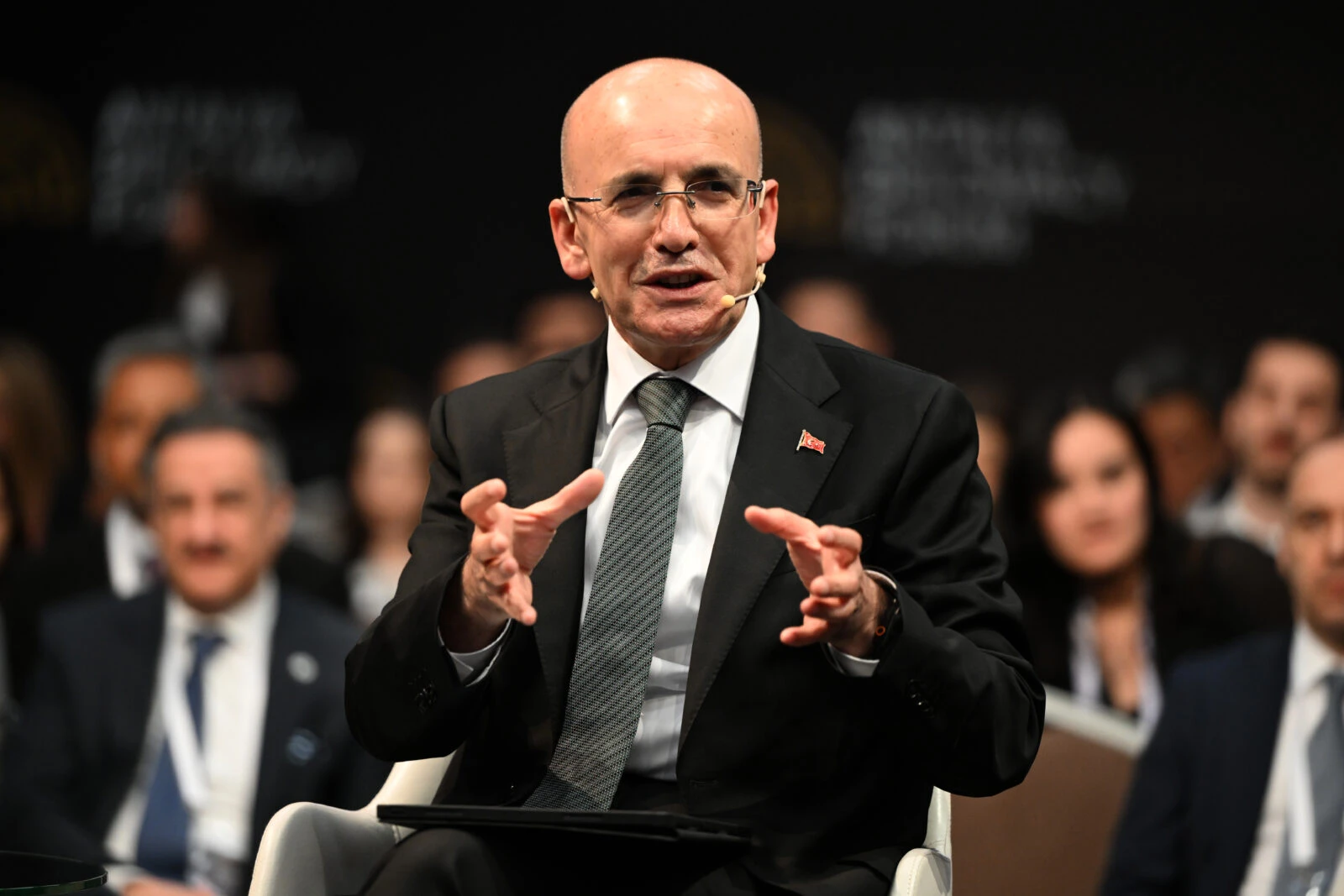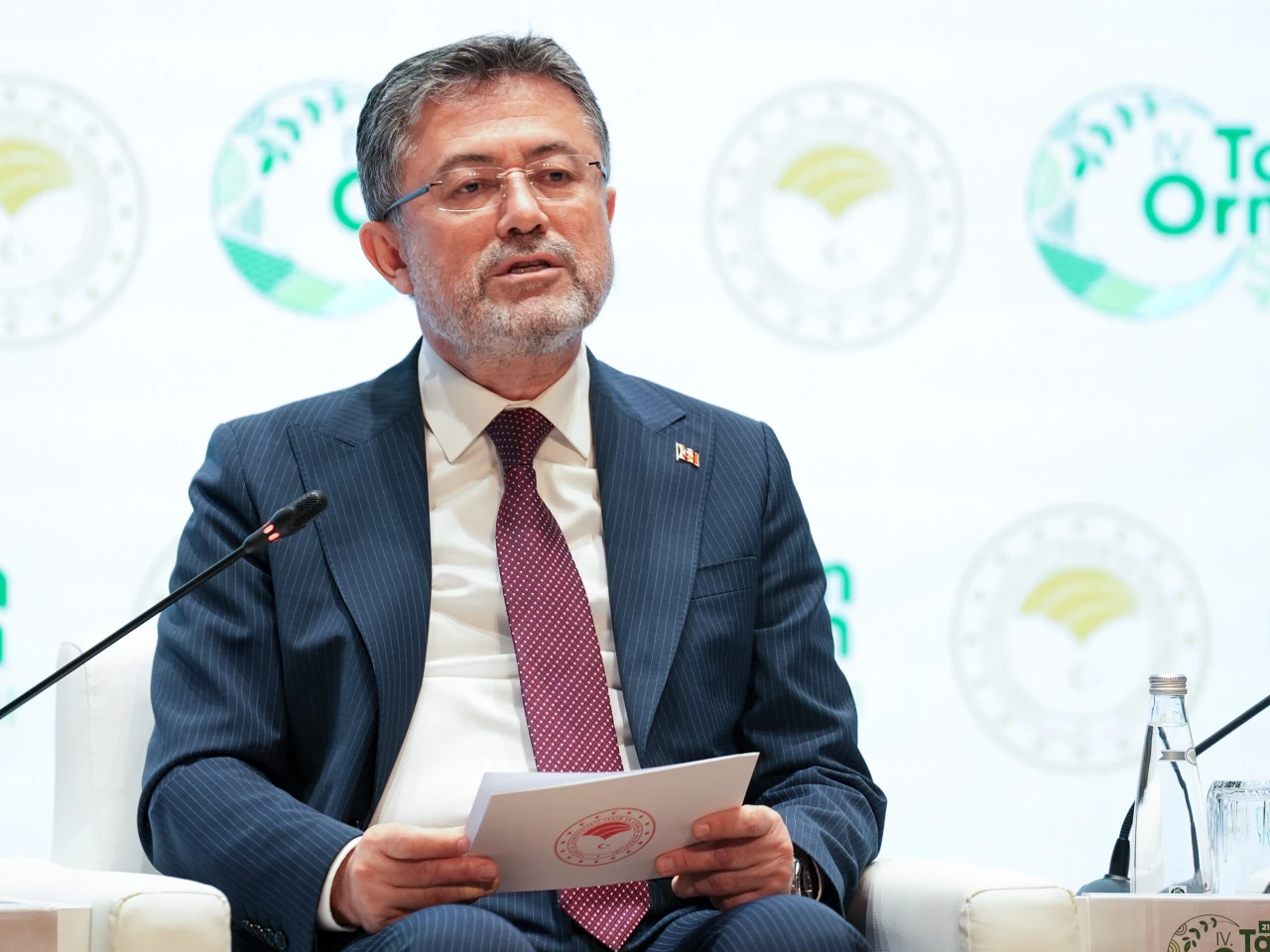Türkiye’s deficit widens in February, driven by energy and gold imports
 File photo shows stacks of Turkish lira banknotes, primarily 200 and 100 Turkish lira bills, bundled with red straps, accessed on August 25, 2025. (AA Photo)
File photo shows stacks of Turkish lira banknotes, primarily 200 and 100 Turkish lira bills, bundled with red straps, accessed on August 25, 2025. (AA Photo)
Türkiye recorded a current account deficit of $4.4 billion in February 2025, according to data released by the central bank on Monday.
This marks a wider gap compared to the $3.33 billion deficit reported during the same period last year, reflecting a year-over-year increase of approximately 32%.
The breakdown of February’s balance shows that the goods sector contributed significantly to the deficit, posting a shortfall of $5.73 billion. However, this was partially offset by a net surplus of $2.45 billion in the services sector.
When gold and energy imports are excluded, the current account actually recorded a surplus of $2.15 billion in February. This figure reflects a more favorable underlying trend, excluding the impact of commodity price fluctuations.
Over the 12-month rolling period ending in February, the current account deficit stood at $12.8 billion. In this period, the goods balance posted a cumulative deficit of $58.8 billion, while services maintained a surplus of $62 billion.
Declining energy costs to ease burden: Finance Minister
Commenting on the latest figures in his post on X, Türkiye’s Treasury and Finance Minister Mehmet Simsek noted that the annualized current account deficit reached $12.8 billion in February, while the surplus, excluding net gold transactions, amounted to $1.8 billion.
Emphasizing the impact of energy imports on the current account, he suggested that the deficit may close the year below the target set in the government’s Medium-Term Program, supported by declining energy prices.

Simsek emphasized that keeping the deficit at sustainable levels remains a priority, as it reduces the country’s need for external financing. “We aim to redirect resources toward enhancing national welfare by minimizing reliance on foreign funding,” he said.
He also underlined the importance of resilience in the face of rising global protectionism, adding that Türkiye continues to take necessary steps to mitigate its effects and capitalize on potential opportunities. “In this challenging environment, we believe that Türkiye will stand out positively thanks to our proactive trade diplomacy and the resilience of our exporters,” he added.



